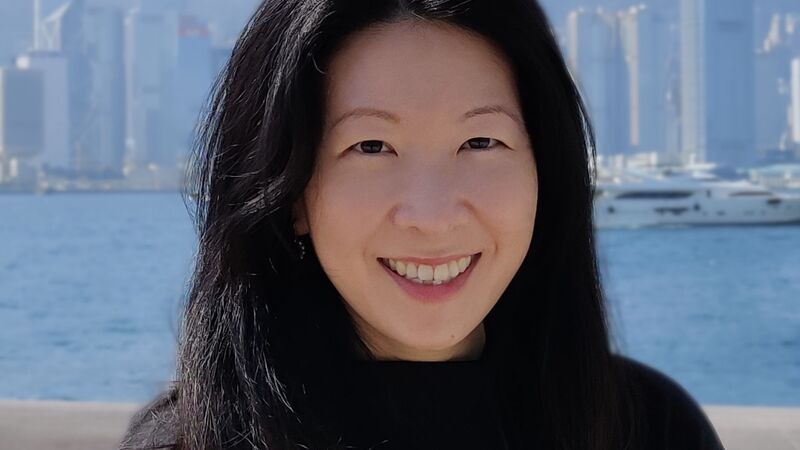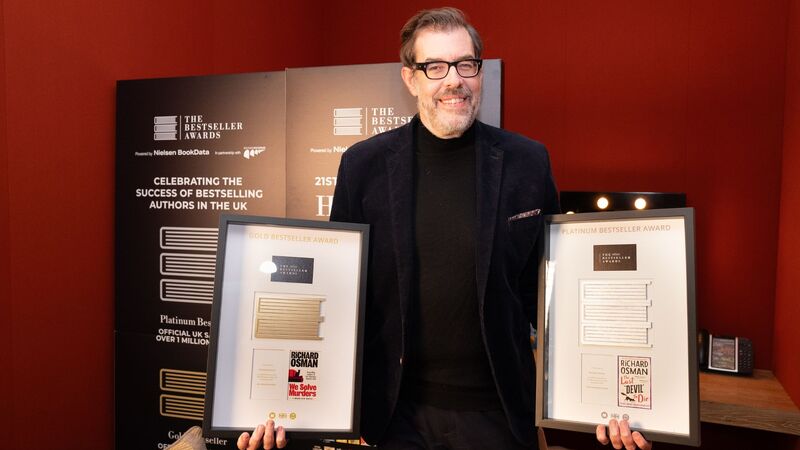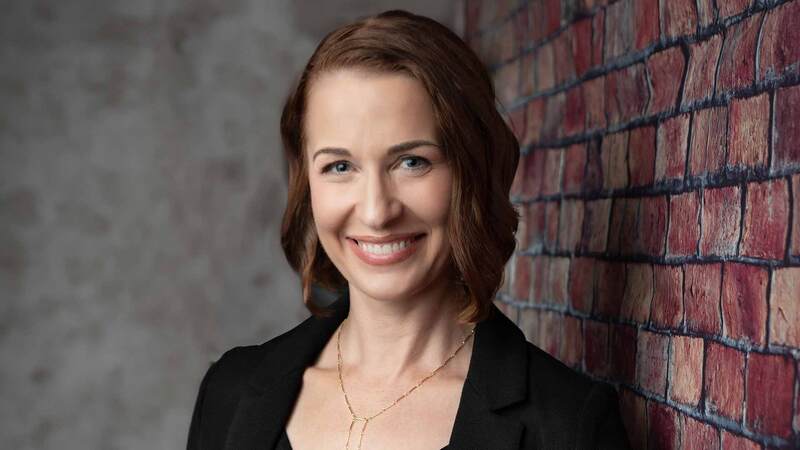You are viewing your 1 free article this month. Login to read more articles.
Agents concerned about 'lack of detail' on Spotify streaming deals
Agents are optimistic that Spotify’s streaming deals with major publishers will help amplify authors and provide healthy competition to Amazon-owned Audible, but several have voiced concerns about how it may affect author income due to the lack of detail about the deals struck.
Last week, publishers including Penguin Random House, HarperCollins and Simon & Schuster, as well as independents like Puskhin and Bolinda, entered into limited streaming deals with the Swedish platform. The development, which publishers have had reservations about in the past, is part of the tech giant’s efforts to enhance its audiobook offering to compete with Audible.
From 4th October, premium Spotify subscribers in the UK and Australia have been able to access up to 15 hours of audiobook content per month at no additional cost. Listeners can choose between more than 150,000 audiobooks, including bestselling titles like Bonnie Garmus’ Lessons in Chemistry (Doubleday) and Gabrielle Zevin’s Tomorrow, and Tomorrow, and Tomorrow (Vintage).
David Kaefer, vice-president of business affairs at Spotify, told The Bookseller that Spotify was working with publishers in slightly different ways, according to the structures that best suited them.
He explained "there is a pooling model for a segment of our partners and generally its partners who are slightly smaller scale" while "some people, particularly larger providers, wanted to do something different". Pooling models give publishers a percentage share of the total revenue a retailer (in this case Spotify) receives based on consumption.
It is not yet clear what payment model will be agreed on with each publisher, and there is a sense of uncertainty and concern around this from agents.
Juliet Pickering, agent and director at Blake Friedmann Literary Agency, said: “At the moment the audio situation feels fairly untested and opaque in terms of income for authors, and we can’t say for certain that we’re comfortable with what publishers are signing up to on our authors’ behalves but we also don’t want our authors to be left behind, so it’s probably a case of let’s try it and see.”
In addition Clare Alexander, chair of Aitken Alexander Associates, said that the agency has not yet been made aware about how the payment structures will function.
“We have yet to get clarity from any publisher about how our authors are to be remunerated,” she said. “While it is clearly a good thing that Audible will become less of a monopoly in the audio space, I fear we need to be circumspect until we are able to agree terms.”
Jonny Geller, c.e.o. of The Curtis Brown Group, told The Bookseller that the agency is concerned about the impact that the pooling system could have for authors.
“We are reviewing this very closely and our primary concern is whether the new model will chip away further at the royalty share to authors in this crucial and growing part of the market,” he said. “We would expect our authors to receive royalties based on purchased units as opposed to minutes listened.”
Despite the lack of detail about the specific payment structures, agents have welcomed the competition to Amazon-owned Audible. Pickering said it is positive to see that there is another big player in the audiobook space, adding that “it’s encouraging to see anyone else try to compete with Amazon/Audible as market dominance never means the best return for authors".
Meanwhile, Madeleine Milburn, c.e.o. and founder of The Madeleine Milburn Literary Agency, commented that "market competition is always good and it means more people will discover our authors". This was echoed by literary agent Kate Nash, who said that audiobooks are an increasingly important part of authors’ income and Spotify will contribute to the growth of this market, comparing it to the effect that streaming had for TV.
“We see audiobooks contributing upwards of 20% of many authors’ incomes in some popular fiction genres and we are expecting this to have a positive impact on authors’ incomes,” Nash said. “More quality capped subscription offers entering the market are extremely welcome. Bring them on.” Milburn added that although she is "wary of subscription platforms", she is "reassured by the ’capped subscription model’".
Moreover, despite the significant impact audiobook sales have for authors, literary agent Robert Caskie said that these are “neglected by publishers,” and that “editors say they know nothing”. In light of this, he explained that he also sees recent developments in a positive light.
The sense among other agents is that this could present an opportunity for authors. Tim Bates, head of the books department at Peter Fraser and Dunlop, said that while the agency does not include audio streaming rights in its audio agreements, it would consider what the appropriate steps would be to take in each individual case.
“At PFD we support any opportunity that helps amplify and sell our authors’ work, as long as our authors are properly remunerated. Additional exposure is always good, and competition between platforms is generally healthy, so we’ll be watching developments very closely.”

















